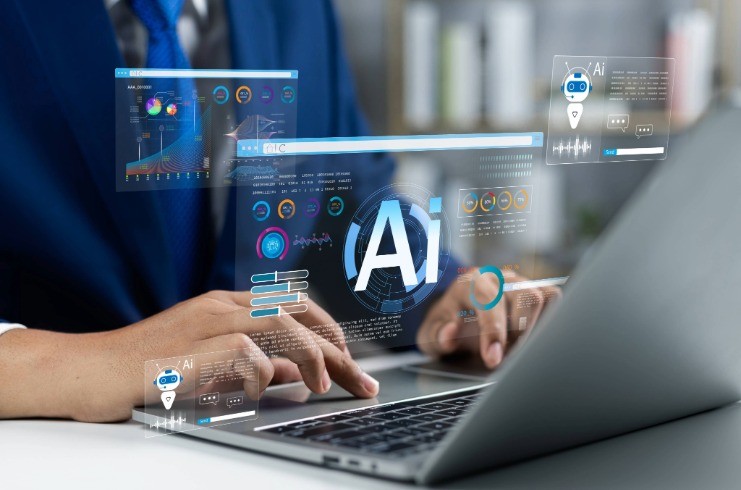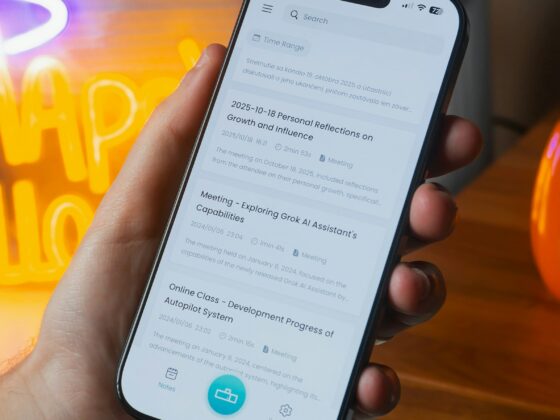
MCLEAN, Virginia—The Hospitality Sales and Marketing Association International (HSMAI) Foundation released its newest special report, How Generative AI is Reshaping Executive Hiring in Hospitality, which includes new insights, industry benchmarks, and a case study from SearchWide Global. The report examines how artificial intelligence (AI) is accelerating and redefining executive recruitment strategies across the hotel and travel industry.
The report builds on the HSMAI Foundation’s 2024 research on AI in talent management, highlighting how firms like SearchWide Global are integrating generative AI to shorten search lifecycles, expand candidate pools, and identify the leadership capabilities most critical for hospitality executives.
“Generative AI is reshaping executive recruitment faster than anyone anticipated,” said Brian Hicks, president and chief executive officer of HSMAI. “Searches are moving more quickly, candidate pools are expanding, and leadership expectations are shifting in real time. AI isn’t just improving efficiency—it’s redefining what effective leadership looks like and creating new opportunities for both organizations and candidates across the hospitality industry.”
Key Findings
Key findings from the paper include:
- AI dramatically accelerates the search process. SearchWide Global reported a 60–80 percent reduction in research and development workloads, with AI now generating first-draft scorecards, structured evaluation frameworks, and historical data synthesis in hours instead of weeks. Industry-wide, 44 percent of organizations were using AI tools for recruitment, and large employers reported up to an 86 percent decrease in time-to-hire.
- AI expands insights and decision-making. Generative AI enables richer benchmarking and analysis of leadership patterns, producing candidate summaries aligned with organizational values, transformation goals, and success metrics. Today, 51 percent of organizations said they use AI in recruiting.
- Executive leadership expectations are shifting. Analysis of thousands of job descriptions showed that 30–40 percent of executive roles now emphasize analytics fluency, systems thinking, and digital adaptability. Even nontechnical leaders are increasingly expected to manage AI-augmented teams and integrate data into decision-making.
- AI surfaces nontraditional, high-potential talent. By evaluating behavioral traits and leadership strengths, not just titles or industry background, AI helps identify high-potential candidates from sectors like SaaS, logistics, and retail, widening the pool of diverse and adaptable leaders.
“As organizations adapt to a more data-driven future, the ability to identify agile, cross-functional leaders has never been more important,” added Lori Kiel, HSMAI Foundation chair and senior vice president of revenue, Pyramid Global Hospitality. “AI is helping uncover talent that might previously have been overlooked and giving employers clearer insight into the competencies that matter most. We believe this evolution will strengthen both recruitment outcomes and long-term organizational performance.”
The report is made possible with the support of the HSMAI Foundation’s 2025 Corporate Talent Partners and was authored in collaboration with industry experts in AI-driven talent solutions.








